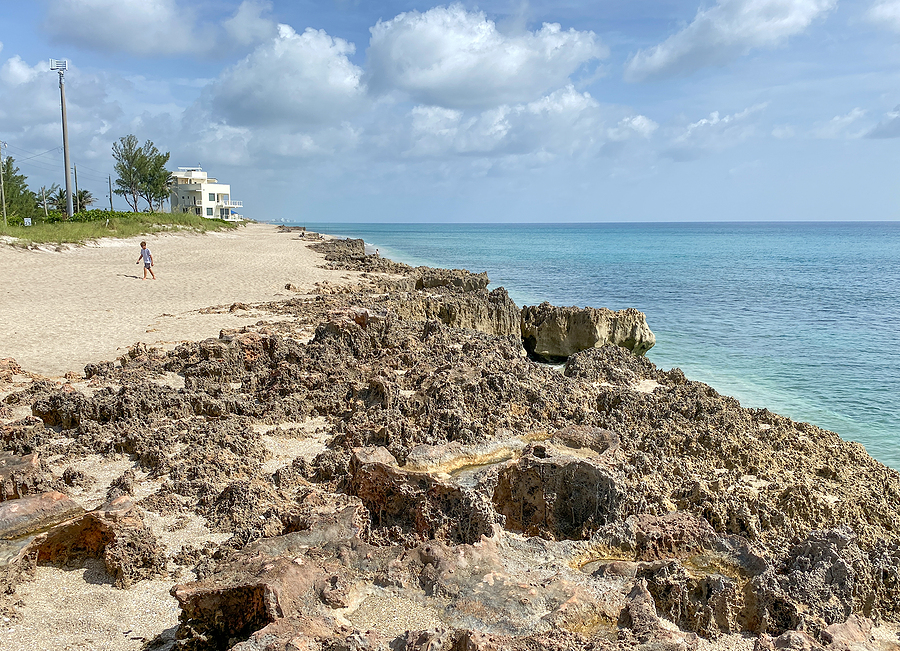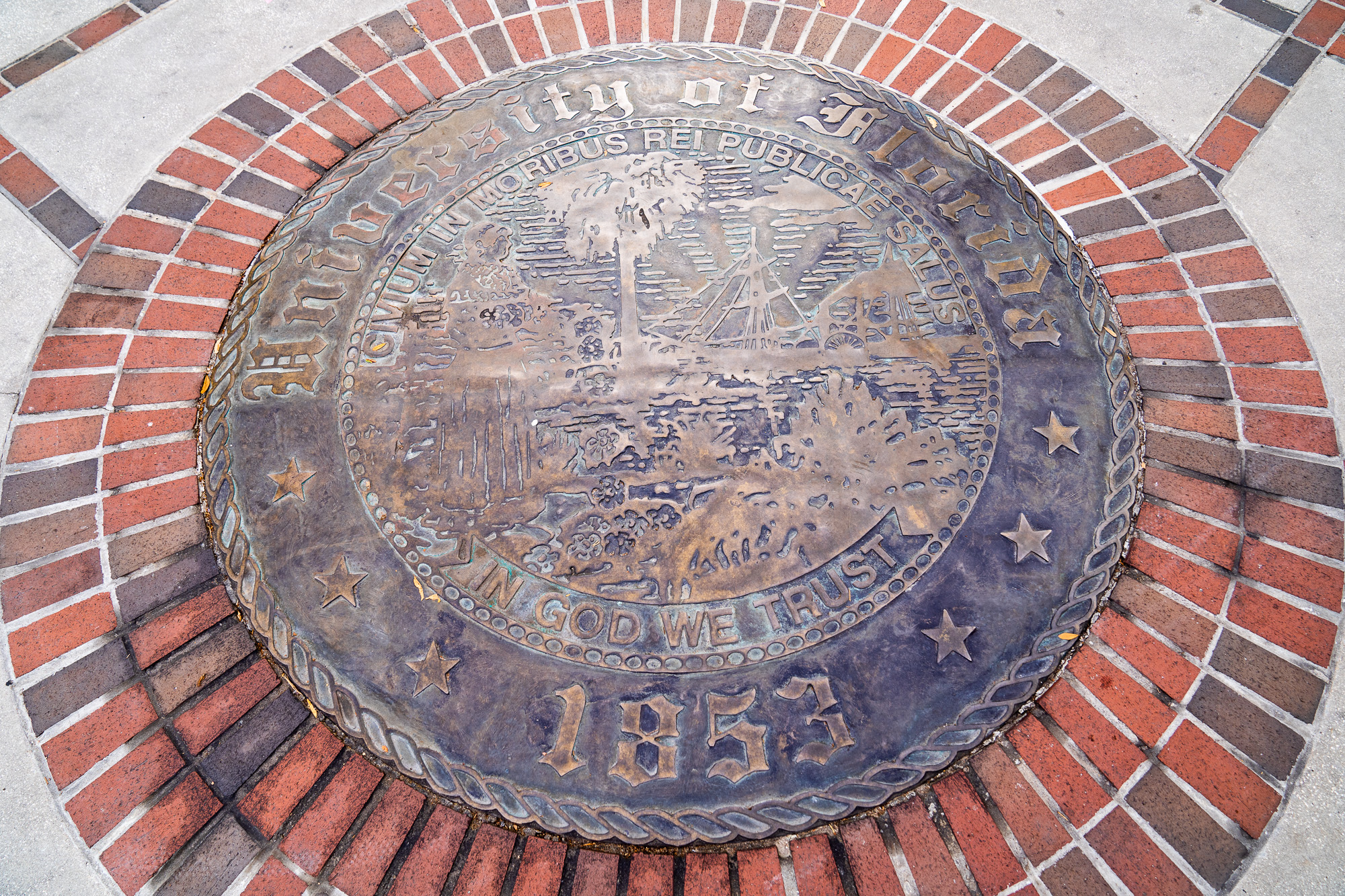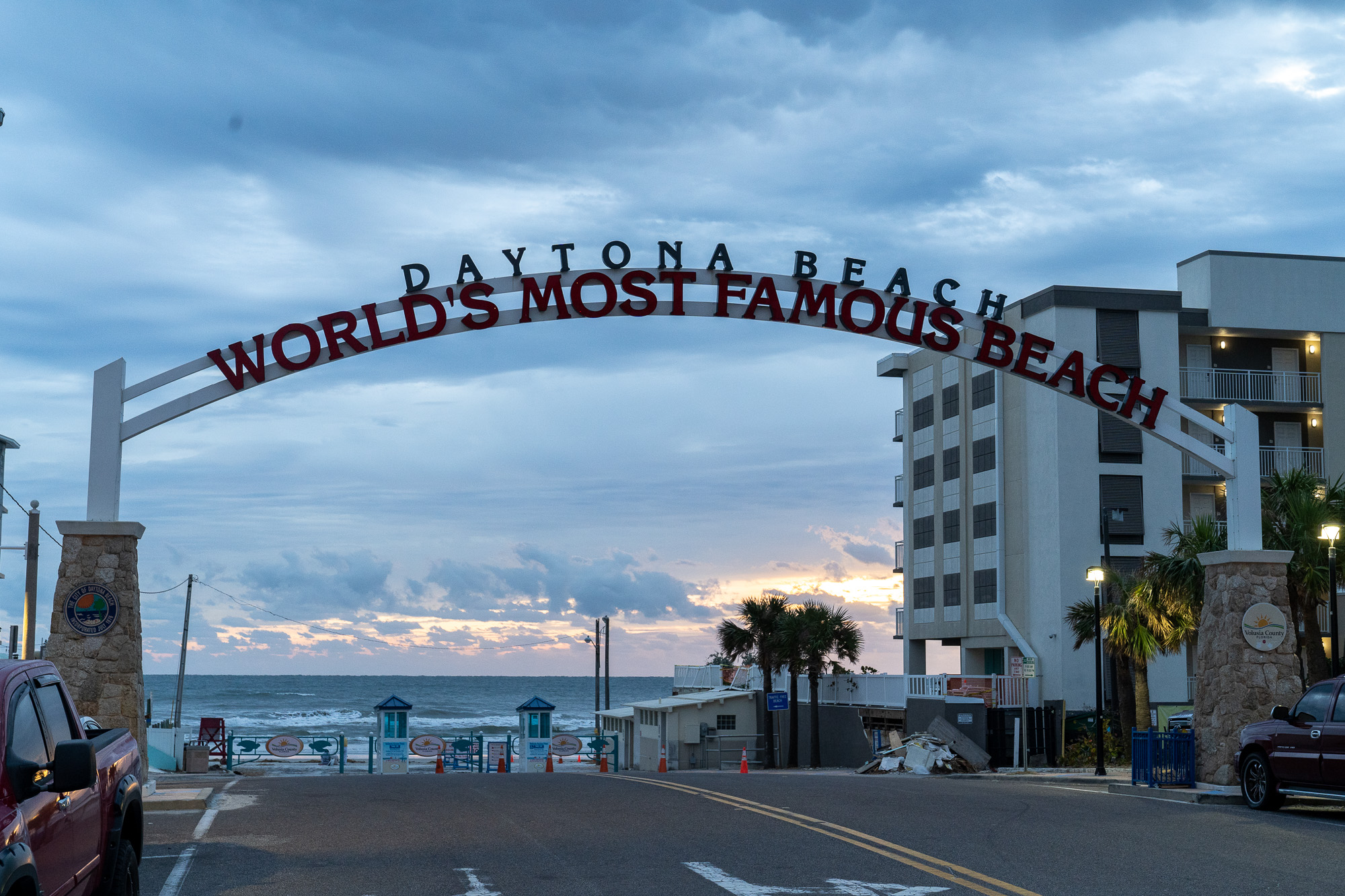Drowning Accidents
Because of the beautiful temperatures year-round in Florida, many people have swimming pools in their yards. Pools also are located at motels, hotels and in parks. While pools allow people to cool off and to relax, they also pose dangers to people of all ages.
If you have been injured in a pool accident, or your loved one has been injured or killed, you may have legal rights. An experienced Stuart personal injury lawyer may help you to maximize your recovery of damages if your accident involved the negligence of the pool’s owner.
Common causes of pool incidents leading to injuries or deaths
A number of different factors can lead to pool injuries and fatalities, including the following:
- Broken glass
- Inadequate or malfunctioning pool lights
- Damaged exit ladders or diving boards
- No flotation devices
- No warning signs
- Water levels that are too low or high
- Electrocution
- Negligent supervision
- Slips and falls on wet pool deck surfaces
- Malfunctioning pool drains
- Near-drownings and drownings
The experienced attorneys at The Eberst Law Firm, P.A. have a thorough understanding of premises liability law. We aggressively litigate on behalf of our clients to help them to hold the owners or operators of pools liable to pay damages.
Prevalence of pool injuries and fatalities
According to the Centers for Disease Control and Prevention, an average of 3,536 people drown each year in the U.S. Twenty percent of the drowning deaths happen to children who are younger than 14. In addition, five children for every child who drowns are treated in the emergency room for injuries related to swimming submersions. Of people who suffer injuries in near-drowning incidents, 50 percent require hospitalization or are transferred to hospitals that can provide additional care.
Among children between ages one and four, drowning is the leading cause of death other than congenital disorders. Males account for 80 percent of all drownings. African-American children who are between the ages of five and 19 are 5.5 times likelier to drown than white children, and those who are between the ages of 11 to 12 are 10 times likelier to drown than white children who are those ages. Finally, children who are five and younger comprise 75 percent of all of the pool and spa deaths in the U.S.
Determining liability for pool injuries and fatalities
When drownings or other pool accidents happen at pools that are located on the properties of others or of businesses, the claims fall under an area of law called premises liability in Florida. Under the law, the fault is determined by examining several factors. In general, pool owners are expected to do what they can to keep their pools safe for people who enter their properties, including those who are trespassing. If they fail in their duties of care, then valid claims for negligence may stand. The parties who may be at fault in pool incidents include the following:
- Government entities such as municipalities with public pools or public schools
- Operators or possessors of property
- Homeowners who own pools
- Property owners with commercial or private pools for guests
In some cases, pool accidents are caused by defective parts that malfunction. When this happens, negligence will not be at issue. Instead, the claims will fall under products liability law, which imposes strict liability on the manufacturers, designers and distributors of products that have design or manufacturing defects that caused the injuries or fatalities.
The requirements for residential pool owners in Florida
Because of the dangers that are posed by pools that are both publicly and privately owned, Florida has enacted laws governing safety. The Florida Residential Swimming Pool Safety Act mandates residential pool owners to have the following:
- Fences surrounding the pools that are at least 4 feet tall
- Gates for the fences must be self-latching and have openings that are less than 4 inches wide
- Covers for pools and hot tubs
- Exit alarms that are installed on all windows and doors that open out to the pool area
If an owner does not have these safety features for his or her pool, he or she may be liable to pay damages for any resulting injuries or deaths that occur as a result.
What you should do when there is a pool accident
The seconds and minutes that immediately follow a pool accident are important and can make the difference in whether or not the victims die. If a pool accident happens, you should do the following:
- Check everyone to see if they are okay. If anyone is seriously injured, call 911 and administer First Aid or CPR until help arrives.
- Photograph the accident scene.
- Write down the names and contact information for all of the witnesses.
- Preserve the evidence.
- Document what happened by writing it down, and sign and date your statement.
- Get medical help immediately.
- Consult with an experienced lawyer at The Eberst Law Firm, P.A.
Pool-related injuries may result in lifelong disabilities or deaths. If you have been injured or your loved one has been injured or killed in an accident in or at a pool, it is important that you seek legal help.
Personal injury lawyers who are experienced in handling pool accident and drowning cases may understand the applicable laws and be better able to apply them. They may help to maximize the amount of damages that you are ultimately able to recover so that you might be made financially whole.
To speak with the experienced lawyers at The Eberst Law Firm, P.A., call us today at 772-225-4900 or contact us here to schedule your free consultation and to learn more about your potential rights.


